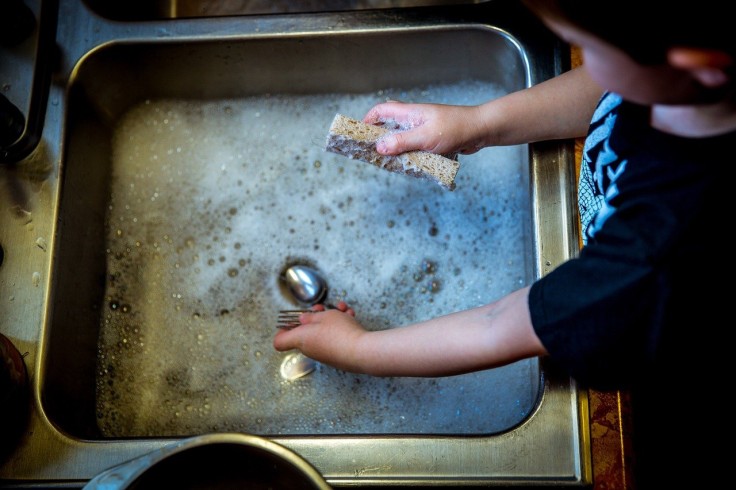
Kids today are spoiled by technology's instant gratification, and raising them to be productive may seem like a challenging battle for parents. Responsible moms and dads, however, recognize that children have to learn the right skills for productivity because this will lay down the foundation of their path to success as adults.
From homework to after-school activities to chores at home, kids need to develop their productivity skills to raise their self-awareness, improve their communication skills and creativity, hone their active listening, and understand teamwork.
Here are five ways to encourage productivity in children:
1. Have a to-do list of the children's daily activities.
Completing small tasks every day helps children develop life skills. It may be as simple as doing homework or brushing their teeth before bedtime. But to make it more fun, include other activities in the to-do list that are for relaxation and entertainment, such as an hour of playing video games or using the internet, an hour of reading books, or 30 minutes of outdoor exploration in the backyard.
Read Also: Tool Libraries Make a Comeback, Saving Families Hundreds of Dollars for Home DIY Projects
This to-do list will help the children identify what must be prioritized for the day. It will also give them structure, organization, and a satisfying sense of accomplishment, per Scholastic.
2. Include household chores in the to-do list.
The right time to teach kids about productivity is when they are still young and absorbing everything, so better include household chores in their to-do list, depending on their ages. As they grow older, gradually add more household responsibilities for the kids. Some kids might grumble about it, but they will eventually learn the value of knowing housework when they go to college.
A study in the Australian Occupational Therapy Journal stated that children who are regularly assigned household chores grow up to be successful as adults because they learn to be independent and cooperate with other people at the same time.
3. Cultivate their hobbies and interests.
One of the ways for kids to learn who they are and what they want in life is if they are exposed to different kinds of hobbies and interests. Parents should let their children explore what extra-curricular activities they would like to participate in in school or after-school. In most cases, hobbies become passions that will motivate and drive them to pursue career paths, thus making them more productive.
4. Help the kids develop coping mechanisms.
According to Penn State Extension, when dealing with adversity, kids who can self-regulate their emotions and feelings will have lower risks of developing anxiety and depression in their later years.
Children can be taught coping mechanisms as early as preschool. Parents must be in tune with their children's language skills to guide them into appropriately expressing themselves when they are upset, frustrated, or angry. Their positive responses should be reinforced, while the parents must avoid punitive punishments as this could only deliver negative responses.
5. Make fitness a priority.
Exercise is not just for losing and maintaining a healthy weight or improving the child's fitness and stamina. It may also boost a child's positive mood and give them a better outlook that can affect their school performance or social interaction with other kids.
Children do not get a lot of physical activity these days, so it is up to the parents to make this a priority. A 15-minute fitness routine, when done consistently every day, can do wonders for the children's physical and mental health so they can focus on their tasks better.
Related Articles: Teen Addicted to Video Games Lands College Scholarship as Gamer